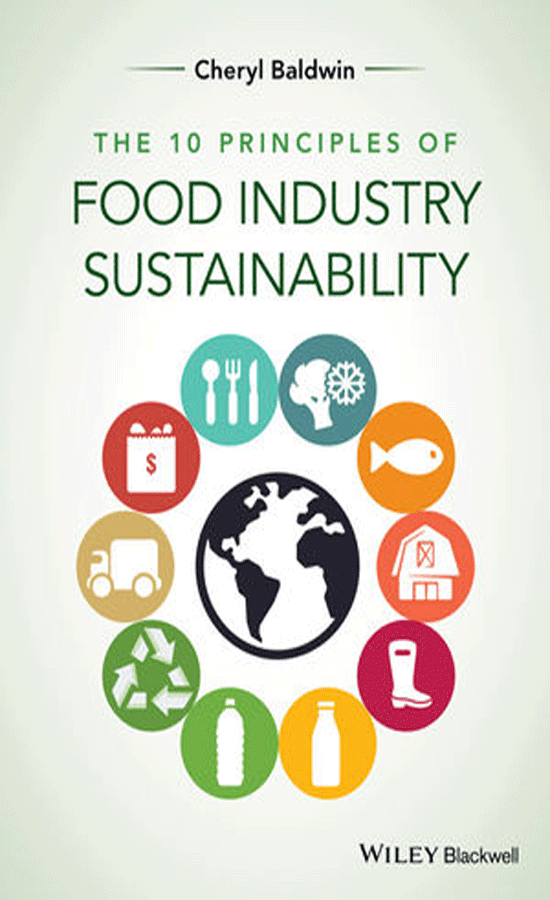World Food Program USA and Cargill partner to strengthen local food security
More than 100,000 schoolchildren in three countries will be served school meals sourced from local farmers over the next two years as part of a new joint program from the United Nations World Food Programme (WFP), World Food Program USA and Cargill.
The initiative will connect small-scale farmers in Honduras and Indonesia with WFP's school meals programs, building sustainable supply chains that deliver homegrown ingredients to create nourishing lunches for students. In Kenya, small-scale farmers strengthen their capacity to access stable markets. This approach not only provides the right nutrition for children, it also helps improve agricultural productivity and income potential for farmers.
"We know that education outcomes and nutrition are linked and that small-scale farmers can be an important part of the solution," said Michelle Grogg, senior director of corporate responsibility for Cargill. "By working with local farmers to grow nutritious food, we can improve farmer incomes and get students what they need to learn."
The partnership will also give farmers in Honduras, Indonesia and Kenya access to stable local markets, strengthening the ties between school meals programs and local economies. Cargill is investing $1 million to help farmers build capacity and strengthen best practices for meals programs. The initiative will also help to strengthen the capacity of provincial and local governments to improve school meal programs.
"Relying on locally sourced ingredients lifts up farmers and puts the purchasing power of school meal programs right back into the community," said Rick Leach, WFP USA's President and CEO. "It's the next step in making school meals sustainable."
Last year WFP provided school meals to more than 17 million children in 62 countries across the globe. Over the past 12 years, Cargill has contributed $12 million to WFP programs to advance food security, sustainability and nutrition.
Source: Cargill
Looking for a reprint of this article?
From high-res PDFs to custom plaques, order your copy today!







